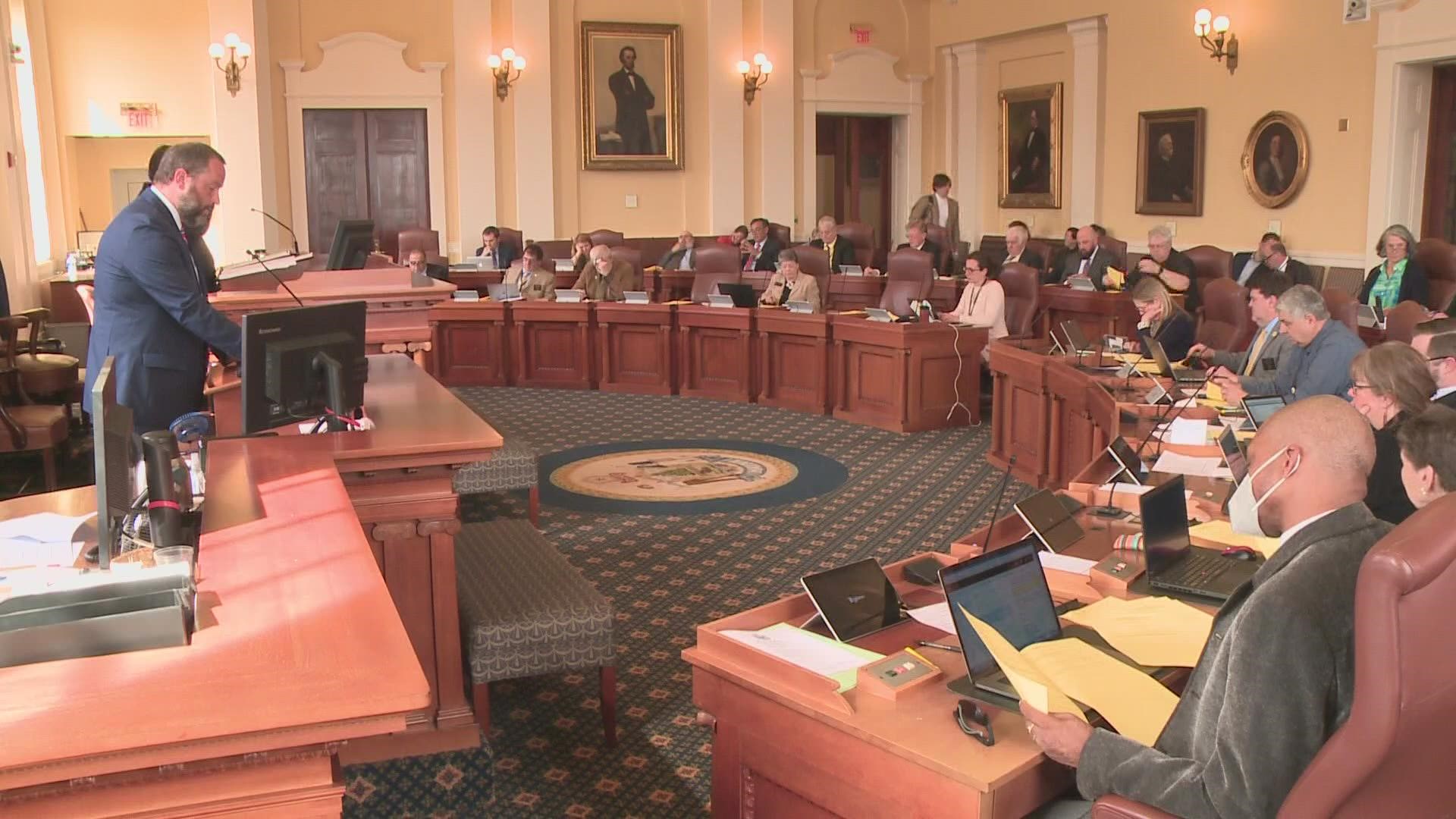PORTLAND, Maine — Democratic Gov. Janet Mills asked tribal chiefs and legislative leaders in a letter made public Monday to delay their effort to amend a 1980 land settlement deal that gave the state some governmental power over tribes.
Pressing for incremental change, Mills said the far-reaching proposal to expand Wabanki sovereignty could be a setback in tribal relations with her administration, instead of building on recent successes.
“I do not wish to have a confrontation," she wrote in the letter. “It would serve no constructive purpose and only inflame emotions on all sides of the discussion.” The letter was written Thursday night, the day before the bill failed to advance in the appropriations committee.
Delaying the bill would allow the governor to avoid a high-profile veto on an issue that already has created an election year rift between Democratic lawmakers and the Democratic governor.
Maggie Dana, chief of the Passamaquoddy Tribe at Pleasant Point, said previously she hoped the governor would be “on the right side of history” and agree to the changes long sought by tribes in the state.
But the tribes did win a smaller legislative victory Monday.
The Legislature sent to the governor a proposal to provide online sports betting revenue to the tribes. That bill also has provisions for tribal collaboration and some tax relief.
Lawmakers earlier approved — and the governor signed — a bill that gives the Passamaquoddy Tribe at Pleasant Point the right to regulate its own drinking water, partnering with the U.S. Environmental Protection Agency, instead of state regulators.
But the wider sovereignty bill was still pending Monday, which was expected to be the final day of the legislative session.
For the tribes, it has been a long, frustrating battle since they traded some rights to the state under the $81.5 million Maine Indian Land Claims Settlement Act of 1980, signed by President Jimmy Carter.
Because of the settlement, tribes in Maine have less autonomy than tribes elsewhere across the country, and their reservations are treated like municipalities, subject to state law.
Critics of extending tribal sovereignty, including the governor, feared there could be unintended consequences and further litigation if the relationship between the state and tribes changed.
Among other things, the governor said she had concerns about removing 300,000 acres of land held in trust from state or local fish regulations governing everything from fish and game, land use provisions and logging practices to health care and law enforcement.
The governor campaigned on improving tribal relations.
She pointed out earlier successes including the state replacing Columbus Day with Indigenous People's Day, boosting tribes' ability to prosecute domestic violence crimes, and providing a posthumous pardon for a former Passamaquoddy tribal attorney.

